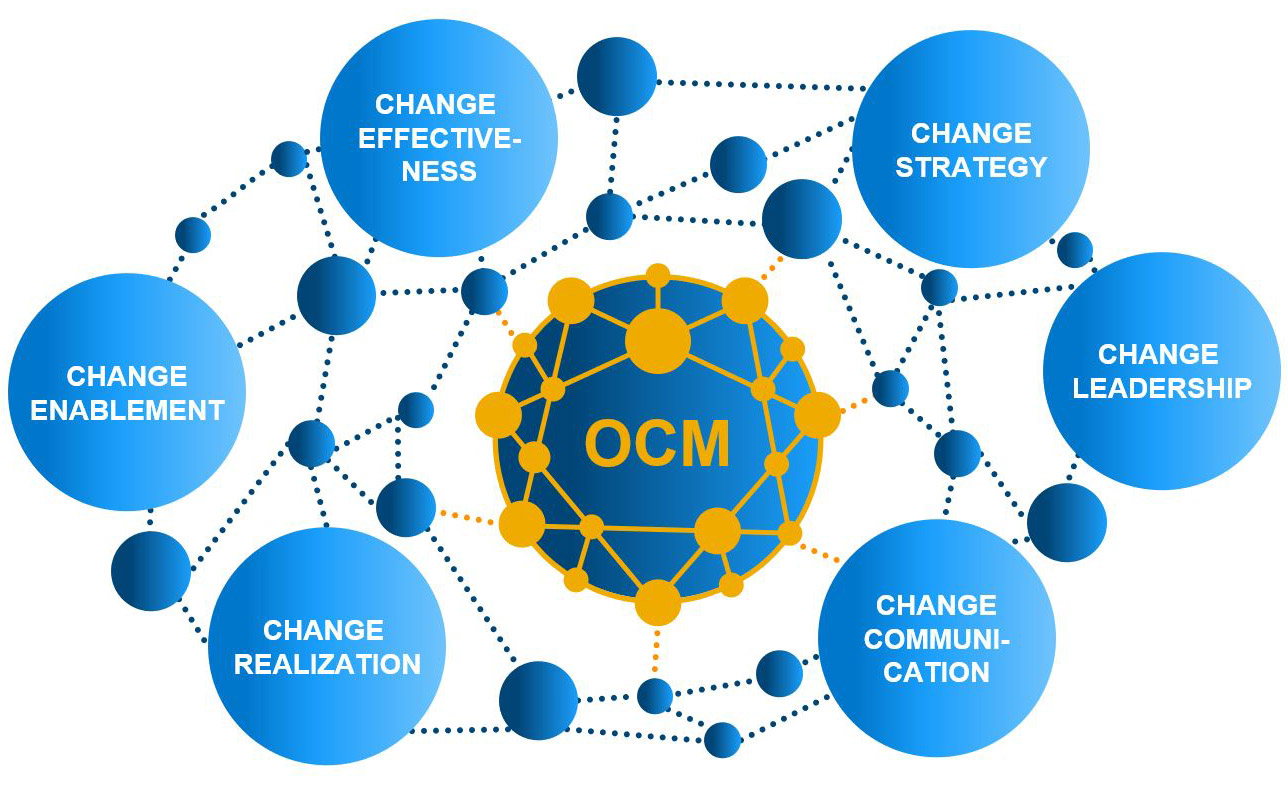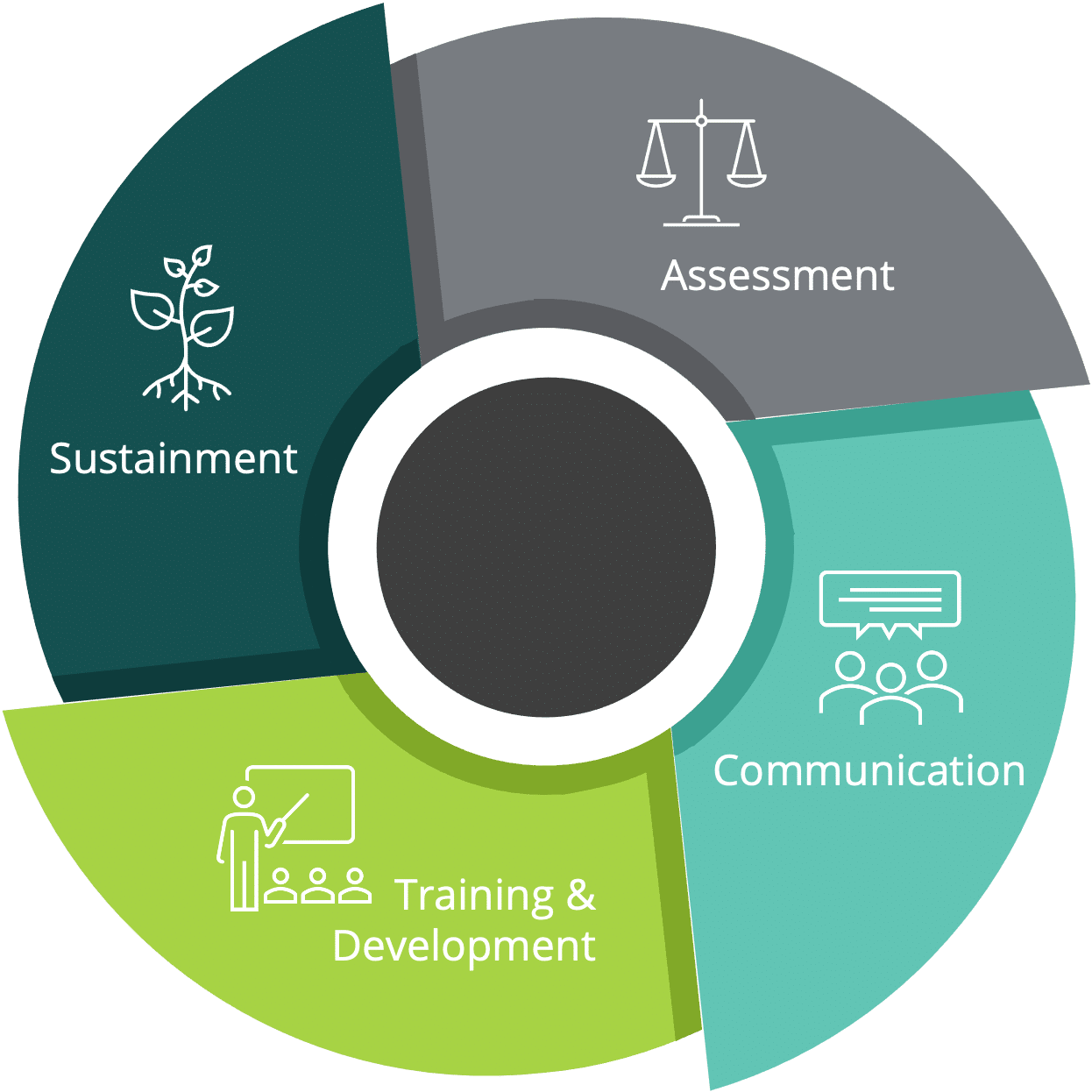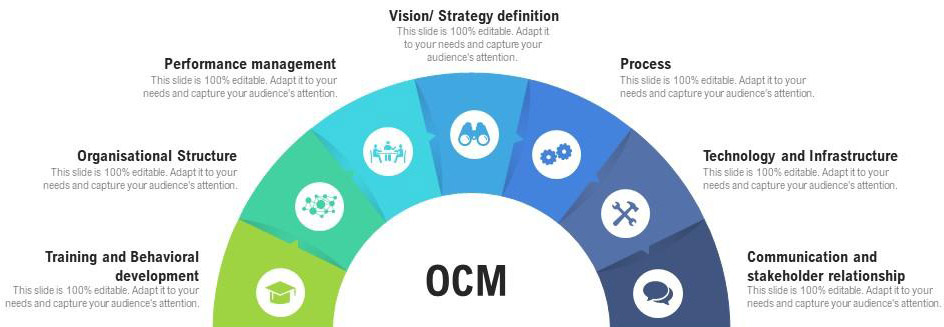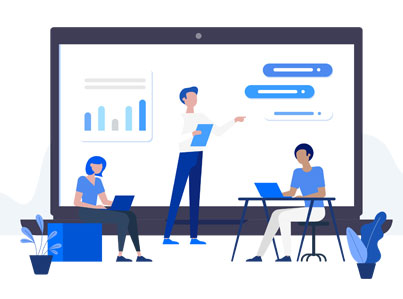Loading
Organizational Change Management
Transform Your Business Through Increased Adoption
One of the critical challenges in today's workforce is catering to the needs of different generations. Our workforce will continue to see a shift within the talent pool, with employees reaching the end of their careers and new generations entering the workforce.
- The influx of fresh talent is expected to grow by 58% in the next ten years bringing new ideas and trained with the latest technology. In this scenario, a successful change management strategy must align all generations and technology.
Let NHS Technologies help you create a scalable roadmap to better adapt to this inevitable change in the workforce!
- We will help you and your team get motivated and fired up with innovation and technology
- You keep your best talent in-house and attract new talent with hands-on training on the latest business processes and procedures while maintaining key controls.


What is Organizational Change Management?
Organizational Change Management (OCM) is the process of driving business results by:
- Changing behaviors
- Reducing barriers to resistance
- Empowering employees to affect change
- Driving user adoption
Committed people in the business who have knowledge and influence must be deployed across the organization to drive that change.
Why Organizational Change Management?
A two-year study of 1,500 practitioners worldwide – project leaders, sponsors, project and change leaders – examined how organizations managed change and project outcomes.
What accounts for these vastly different rates of project success? (comment – what rates of success? Nothing listed) Success depends largely on people. Projects that met all objectives had the following in common:
- Thorough understanding of the reasons for the change and its complexities; an action plan to address the complexities.
- Execution of a systematic change management methodology.
- Strategic involvement of executive sponsors and change networks.
- Strategic investment in impactful change management initiatives.


End User Training
One of the greatest challenges organizations faces today is getting employees to use and maximize the technology they have in place. Companies invest huge amounts of money, time, and resources to set up ERP systems for operational efficiency. But, sometimes, the outcome is not as expected.
olling out a new ERP system does not need to be a nightmare. You just need to have your employee training priorities straight. Your End-users need to understand how the new system is going to streamline and improve existing business processes, the value it brings to the organization in terms of achieving business objectives, what is expected of them their roles and responsibilities.
The SAP software system developed for an organization is unique to that organization. Therefore, generic training is not ideal. At NHS Technologies our team of SAP experts in end-user training can help you with:
- Assessing the needs of the end-users and their computer skills so that a curriculum can be designed based on the roles and responsibilities of the target group and build confidence to work on SAP systems as business users.
- Hands-on training with specific storylines and real-life business scenarios
- Learning strategies that are more user-friendly, engaging, and interactive instead of a static PowerPoint presentation and screenshots.
- A blended learning approach where training is done face to face but supplemented with remote and online methods for knowledge to be available on demand.
- Create a sustainable and consistent training approach that provides long-term support and knowledge transfer.